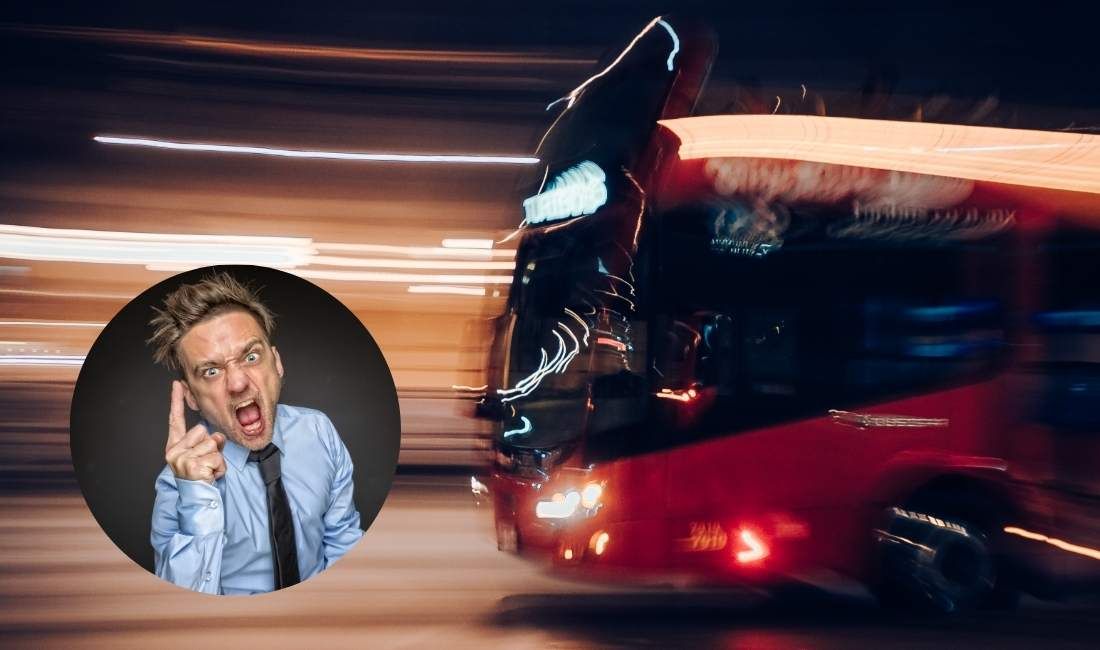Understanding the Impact of The Peterloo Massacre

The Modern-Day Cavalry charge of Digital ID.
The Peterloo Massacre on the 16 August 1819 in Manchester was a defining moment in English social and political history, both a tragedy and a catalyst for reform. Here’s a clear breakdown of the events, the lead-up, and the consequences. Understanding Peterloo helps us understand why we should resist Digital ID.
What Led Up to Peterloo
Understanding Why it matters today
Economic Hardship (post-Napoleonic Wars):
- Britain had just defeated Napoleon in 1815, but the economy crashed.
- Returning soldiers faced mass unemployment.
- The Corn Laws (1815) kept bread prices artificially high to protect landowners, making food unaffordable for workers.
Industrial & Social Change:
- Industrialisation was transforming northern towns like Manchester into crowded, poorly governed cities.
- Workers had no vote, no political representation, and few rights.
- Manchester itself had no MPs but "rotten boroughs" with tiny populations still sent representatives to Parliament.
Political Climate:
- Only about 2–3% of the population could vote, mainly wealthy landowners.
- Radical groups began calling for parliamentary reform and votes for working men, fairer representation, and repeal of the Corn Laws.
- Peaceful reform meetings grew across the country in 1817–1819, worrying the British government.
Repressive Government Measures:
- Authorities feared revolution, especially after the French Revolution (1789) and uprisings in Europe.
- Habeas corpus was suspended in 1817; public meetings and radical newspapers were tightly monitored.
- Reform leaders such as Henry Hunt gained support through mass rallies.
The Events of 16 August 1819
- A peaceful protest rally was held at St Peter’s Field, Manchester.
- Around 60,000 people, men, women, and children, all gathered to hear Henry Hunt speak about reform.
- Local magistrates, nervous about the size of the crowd, ordered the Yeomanry cavalry to arrest the leaders and disperse the crowd.
- The Yeomanry charged with sabres drawn into the unarmed crowd.
Chaos followed:
- At least 15 people killed.
- Hundreds (est. 400–700) injured.
- The press dubbed it the “Peterloo Massacre” (mocking Waterloo).
Consequences
Immediate Aftermath:
- The government praised the magistrates and troops.
- Reform meetings were banned.
- The Six Acts (1819) further restricted political activity, limiting public meetings, cracking down on the press, and making it easier to prosecute radicals.
Public Reaction:
- Nationwide outrage: writers, poets, and reformers condemned the massacre.
- Percy Bysshe Shelley’s poem “The Masque of Anarchy” became a rallying cry.
- The massacre radicalised many and reform seemed not just desirable but necessary.
Long-Term Impact:
- The massacre strengthened the reform movement.
- It highlighted the need for representation of industrial towns.
- Though it took time, it fed directly into the Reform Acts of 1832, 1867, and 1884, which gradually expanded the franchise.
Peterloo also shaped the modern Trade Union movement by showing how dangerous unchecked state power could be.
Conclusion
Peterloo showed what unchecked state power looks like. When those in authority use force to silence ordinary people instead of listening to them. It’s the point where government forgets it exists to serve, not to rule.
When peaceful protest is met with violence, when accountability is absent, and when laws are used to protect privilege rather than justice, democracy itself is at risk.
The lesson of Peterloo still matters today. Power without restraint or public challenge always leads to abuse, and it is the organised strength of working people that keeps it in check.
Modern Parallel
Digital ID Systems,
The lesson of Peterloo isn’t confined to history. Unchecked state power today can take new forms — not cavalry charges, but by forceful use of technology.
The introduction of digital ID systems could hand employers and government vast power to track, monitor, or exclude people from services, rights or employment.
Such systems risk turning identification of our people into surveillance. Just as at Peterloo, the issue isn’t order versus chaos!
Stephen Morris, General Secretary, Workers of England Union said:
“The Workers of England Union (WEU) believes that Digital ID is about control of working people across England. Working people must have a say to ensure that they are not controlled and exploited by employers.
The WEU stands just as our Trade Union predecessors stood, with a clear voice. We will not stand idly by as a government introduces control by Digital ID. Help us campaign to stop it!!”
Stephen Morris continued,
“It is becoming increasingly clear that the Workers of England Union is rapidly emerging as the only Trade Union upholding the traditional values of England’s historic trade union movement.”





